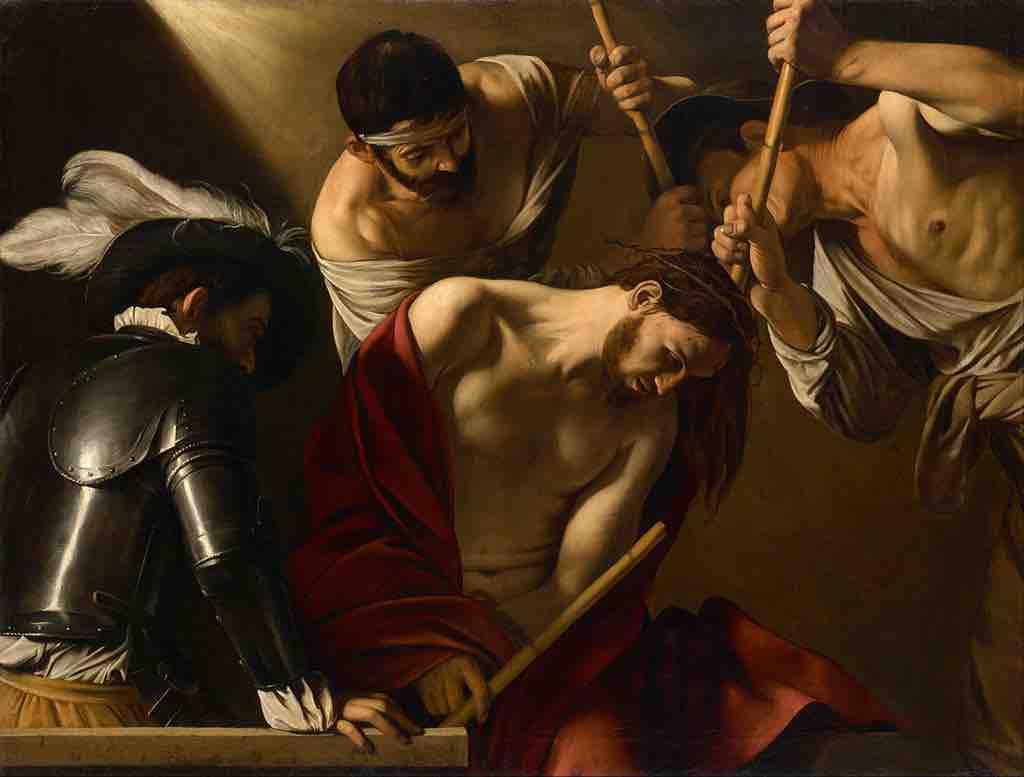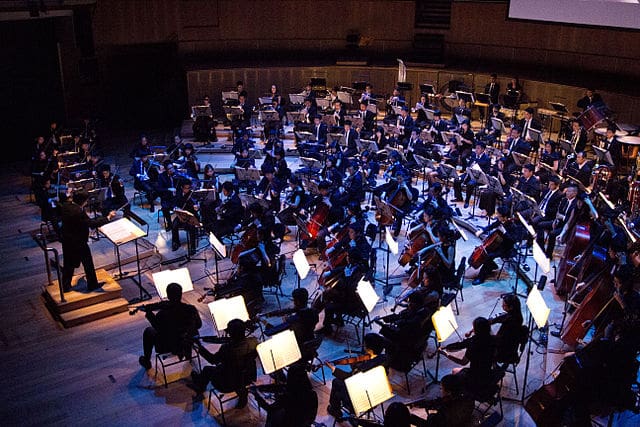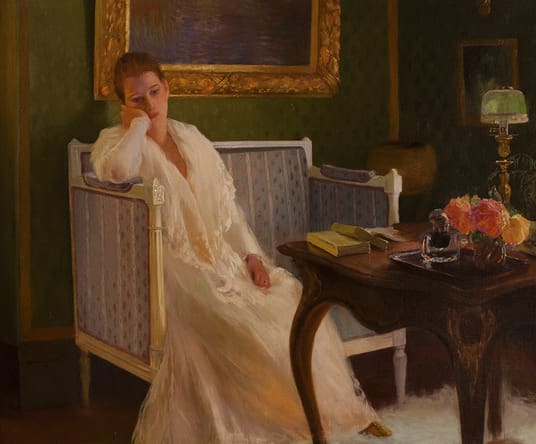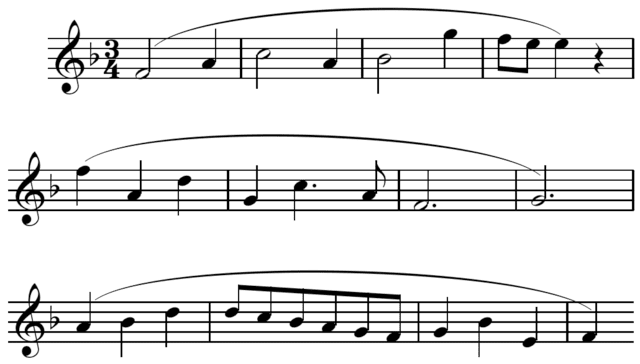This week a friend asked me to write an arrangement of “O Savior, Thou Who Wearest a Crown” for vocal duet with piano accompaniment. Dealing with Bach can be a little daunting, so I decided to look at the where the music came from for the LDS version of that hymn. Continue reading
News: Boise State Residency
March 9–10: Visited Boise State University as a guest composer, where I taught composition lessons and gave presentations on James Tenney, orchestration in Star Wars, and my recent music.
(Photo: Composers’ trip up the canyon. From left to right — Sam Richards, myself, Jared Knight.)
Orchestration Devices in the Star Wars scores: Solo Instruments and Sections
As some of you know, Chandler Hatch and I are teaching a class at Tufts now called “Star Wars: How Long Ago? How Far Away?” The idea is to use Star Wars as a gateway to learning how to research in the humanities. (You can read the more highfalutin’ description on the ExCollege website, course EXP-0054-VS, Spring 2017.)
To support the music conversations we’ll be having later in the semester, the first several weeks we’ve been doing music fundamentals — naturally using Star Wars music as the examples. Continue reading
News: Motion Lines Premiere
My saxophone quartet Motion Lines was premiered by the renowned PRISM Quartet during their Brandeis residency.
Why Doesn’t Music Get Boring With Only 12 Notes?
I know what you’re thinking:
“Why doesn’t it get boring?”
Some have taken an a mathematical approach to this question. Although these answers demonstrate a raw numerical reason, they offer little musical insight.
The problem is that their premise — “only 12 notes” — is a lie.
Why are Alto and Tenor Parts so Boring?
Why do altos and tenors often get saddled with parts like this?

Don’t composers know that singing the same two notes over and over again is boring?
To understand what composers are possibly thinking, let’s dive into some music theory . . .
Why Four-bar Phrases?
“The four-bar phrase has had a bad press in our time,” writes Charles Rosen.[1. In The Romantic Generation 258. Rosen gives a fascinating exploration of them in his book, but I want to articulate a different approach.] But for all the denigration, four-bar phrases are ubiquitous. Continue reading
Economies of Scale and the True Cost of Music
Music is expensive. Far more expensive than the average consumer is aware. I had this conversation twice last week, so I figured I’d blog about it.
Let’s use Rob Gardner’s Lamb of God oratorio as a case study:1 Continue reading
Composing Report: March 2016
I knew that March was going to be crunch time. The past few days I’ve been composing between 5 and 8 hours a day. Continue reading
Composing Report: February 2016
This January I had set a goal to compose 8 bars per work day. In February I missed that mark — but I got closer. Continue reading









